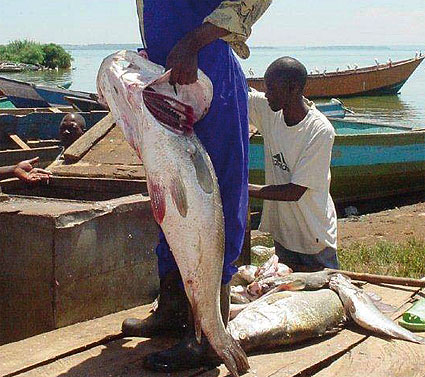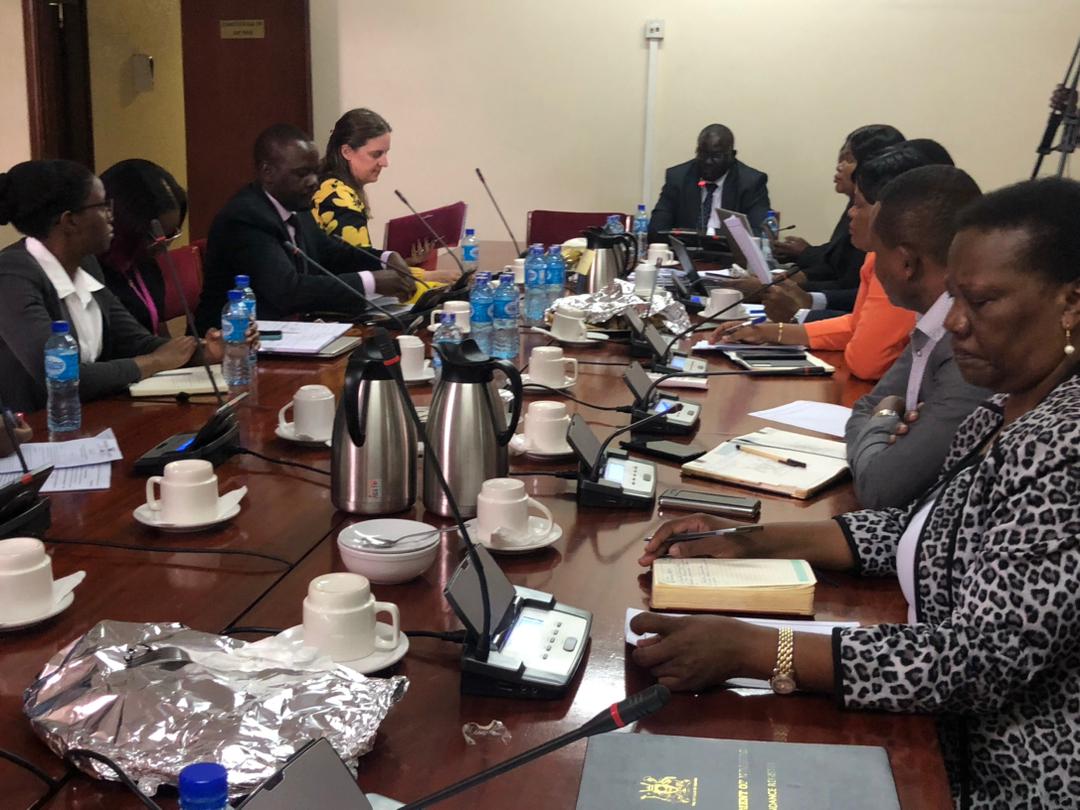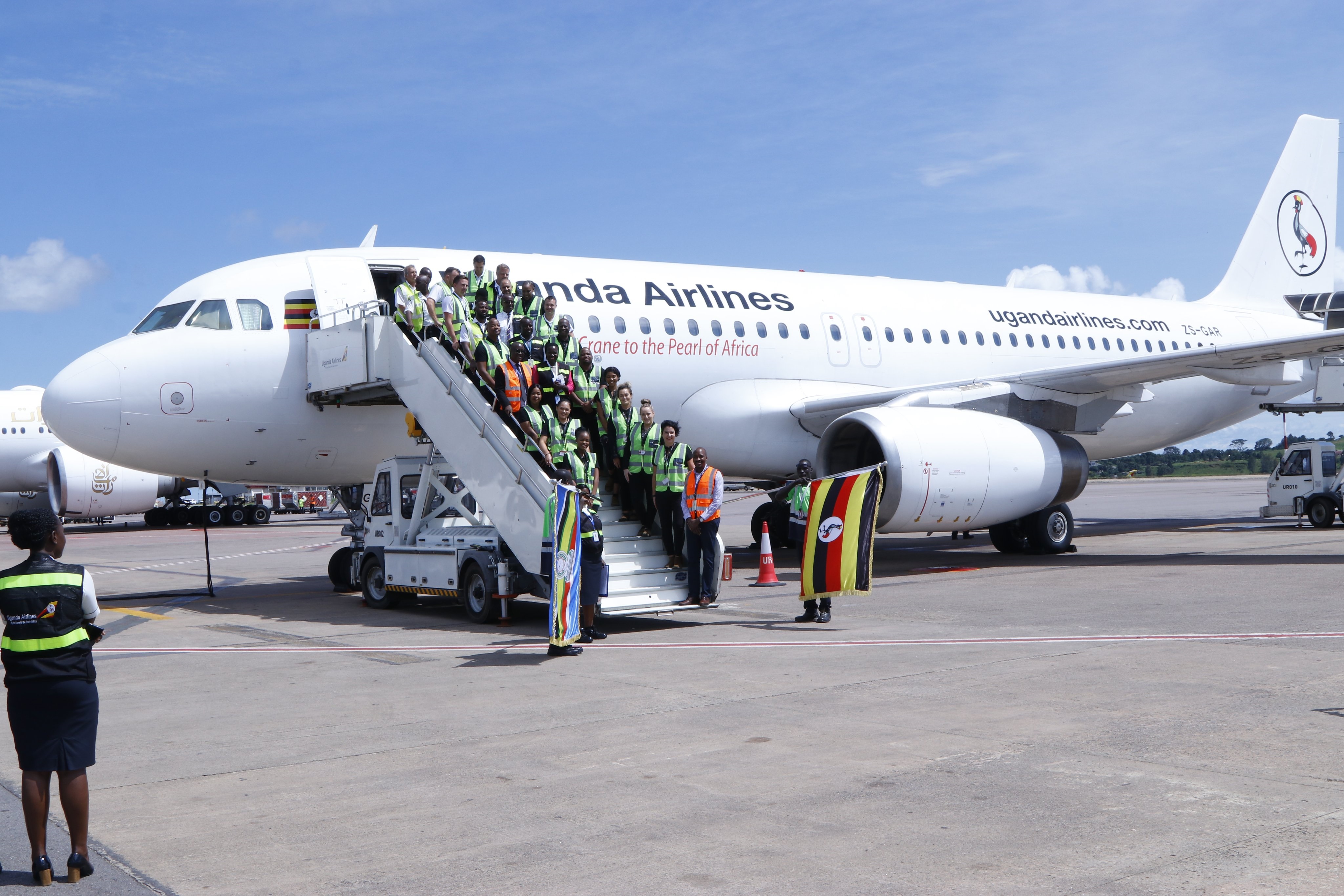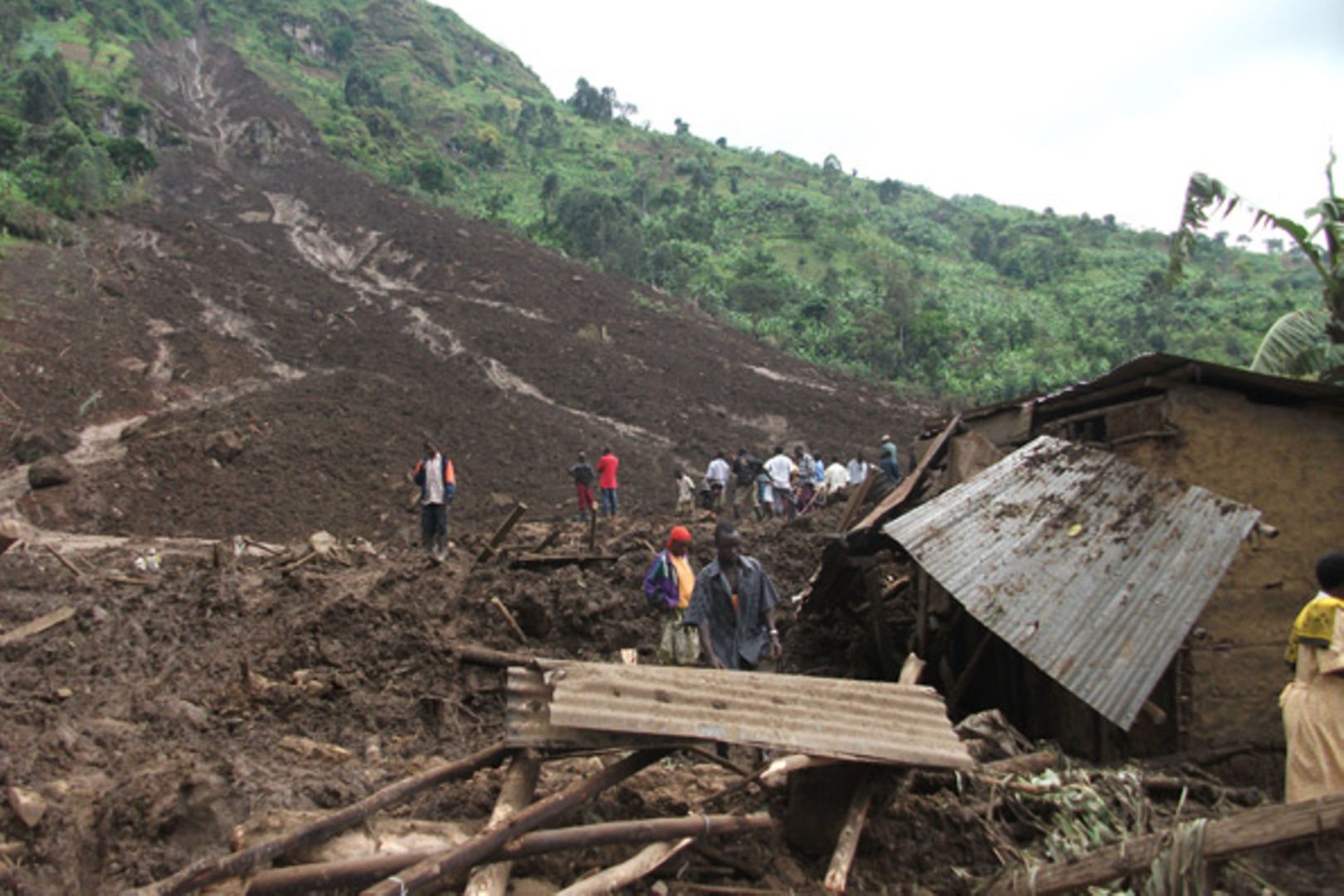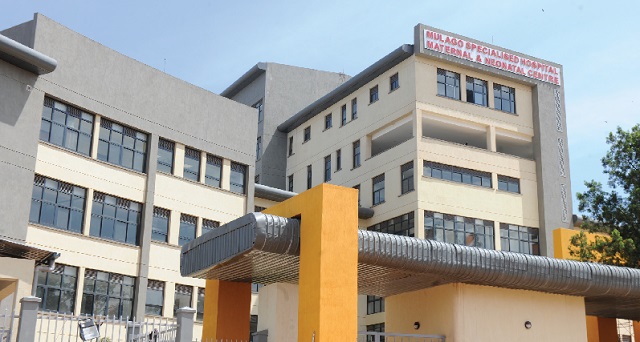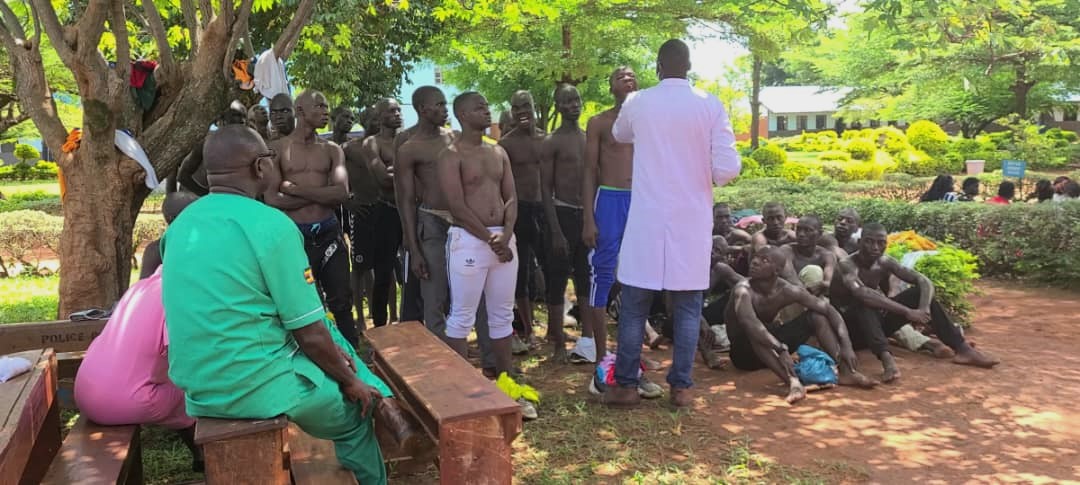My four days of oil diplomacy in the Albertine

Diplomacy, often viewed through the lens of formal negotiations, holds a deeper meaning for me. Rooted in humility, good manners, and respect for all, it embodies grace in conduct and navigating interactions with ease. Diplomacy, to me, means doing what's right for the greater good, ensuring every voice is heard and respected.
If given the chance, I would gladly embrace the title of diplomat, not in the traditional sense, but as a plenipotentiary of goodwill and understanding.
For me, diplomacy is not just a role to be assumed; it is a mindset, a way of being in the world. It is about approaching every situation with an open heart and a willingness to listen, learn, and collaborate for the betterment of all.
This week, I had the privilege of joining a delegation from Uganda's Foreign Missions in Beijing, Abu Dhabi, Paris, and Dar-Es-Salaam accompanied by officials from the Ministry of Foreign Affairs, under the leadership of Permanent Secretary Mr. Vincent Bagiire.
Our destination was the Albertine Graben region, where our primary objective was to observe the ongoing projects in the area. Such visits hold immense significance as they provide firsthand insight into the progress and challenges faced in these regions.
Throughout our journey, I witnessed firsthand the transformative impact of diplomacy in action.
From the flag-off ceremony, where Mr. Bagiire emphasized the importance of economic diversification and environmental sustainability, to Minister Ruth Nankabirwa's impassioned plea for responsible resource management, every interaction underscored the principles of humility, respect, and collaboration.
When the delegation visited the Uganda Petroleum Institute, Kigumba (UPIK), it was evident that the dedication of the trainees and the collaborative efforts of government, private sector, and international partners were deeply impressive. Behind every statistic, every enrollment, every diploma program lay a story of hope, opportunity, and empowerment.
As the delegation toured the facilities, it became clear that UPIK represented more than just an educational institution; it symbolized a collective endeavor towards investing in the next generation of technicians.
Government officials, representatives from the private sector, and international allies had joined forces to ensure that these students had the necessary resources and support to excel in their chosen fields. Each statistic revealed not just numbers, but the aspirations of young individuals striving for a better future. Behind every enrollment was a student eager to learn, grow, and contribute to their community.
Established in 2009, Uganda Petroleum Institute, Kigumba (UPIK) in Kiryandongo district trains technicians for Uganda's oil and gas industry. With over 1000 trainees enrolled, UPIK's success stems from collaboration between the government of Uganda, Private Sector Foundation (PSFU), TotalEnergies EP Uganda LTD (TEPU), and the World Bank-supported Albertine Region Sustainable Development Project (ARSDP).
The delegation also visited key sites within the Kingfisher Project. Their itinerary encompassed a thorough inspection of vital locations, including the oil rig situated at well pad three, which served as a testament to Uganda's rapidly advancing capabilities in the oil sector.
In addition, the delegation visited a waste management facility run by the National Enterprise Corporation (NEC) which is under the UPDF.
This shows that Uganda is strongly committed to using sustainable practices in important parts of its economy. The visit highlighted how civilian and defense groups are working together in harmony, showing a unified effort to develop the country.
The delegation also visited Kabalega International Airport, a big project that will greatly improve Uganda's ability to handle air cargo. They were impressed by how the airport is ready to handle large cargo flights, making it an important hub in the region.
By meeting international standards, Kabalega International Airport shows Uganda's commitment to building top-notch infrastructure and improving regional connections.
On the third day, the delegation visited the Tilenga Project in Buliisa district. They were pleasantly surprised to find some of the best roads in the area and were impressed by how well organized the areas in Buliisa are.
They toured the industrial park and saw various activities underway, including the construction of the onsite camp and preparations for building the central processing facility.
During their visit, they went to the Gunya one oil rig and learned firsthand about its operation. They were impressed by its quiet operation and the technology being used, which seemed to be environmentally friendly.
The drilling and completion operations at Gunya one's GNAO1 well pad showed promising progress, with seven out of fourteen wells drilled to TD and completed according to the drilling and completion program. The Tilenga project aims to drill 426 wells on 31 well pads, with approximately 14 wells per pad to minimize surface footprint in the project area.
TotalEnergies EP Uganda Limited (TEPU) is utilizing three rigs, operated by ZPEB Uganda Company Limited, namely Jobi-Rii 04 (JBR04), Ngiri 01 (NGR-03), and Gunya one (GNA01).
Jobi-Rii witnessed the drilling and completion of twelve wells over 210 days, followed by rig down activities and transfer of equipment to JBR04 well pad. Ngiri-03 concluded operations for nine wells and successfully completed the rig move preparations to Ngiri-01, marking the first completed rig move in the Tilenga project.
At Kingfisher, significant progress has been made in developing three out of four planned well pads (1, 2, and 3) by Excel Engineering Ltd., a local Ugandan company, completed by September 2023. Construction progress stands at an impressive 92%, showing the project's adherence to schedule.
Additionally, CNOOC has engaged Dyanco Limited for shoreline protection, notably completing long sheet wall installation at pad 1, with dead man sheet pile installation currently underway as of March 25th, 2024.
In terms of the broader infrastructure development, the stabilized crude oil from the Central Processing Facilities (CPFs) in Buliisa (Tilenga) and Kikuube (Kingfisher) is set to be transported through buried feeder pipelines to the Kabalega Industrial Park in Hoima.
From there, it will be further transported via a 24-inch, 1442.8km long pipeline to a marine storage terminal located in Tanga, Tanzania.
This infrastructure network underscores a significant stride in regional connectivity and highlights Uganda's commitment to efficient and sustainable oil transportation methods, facilitating both domestic and international trade while ensuring environmental responsibility throughout the process.


